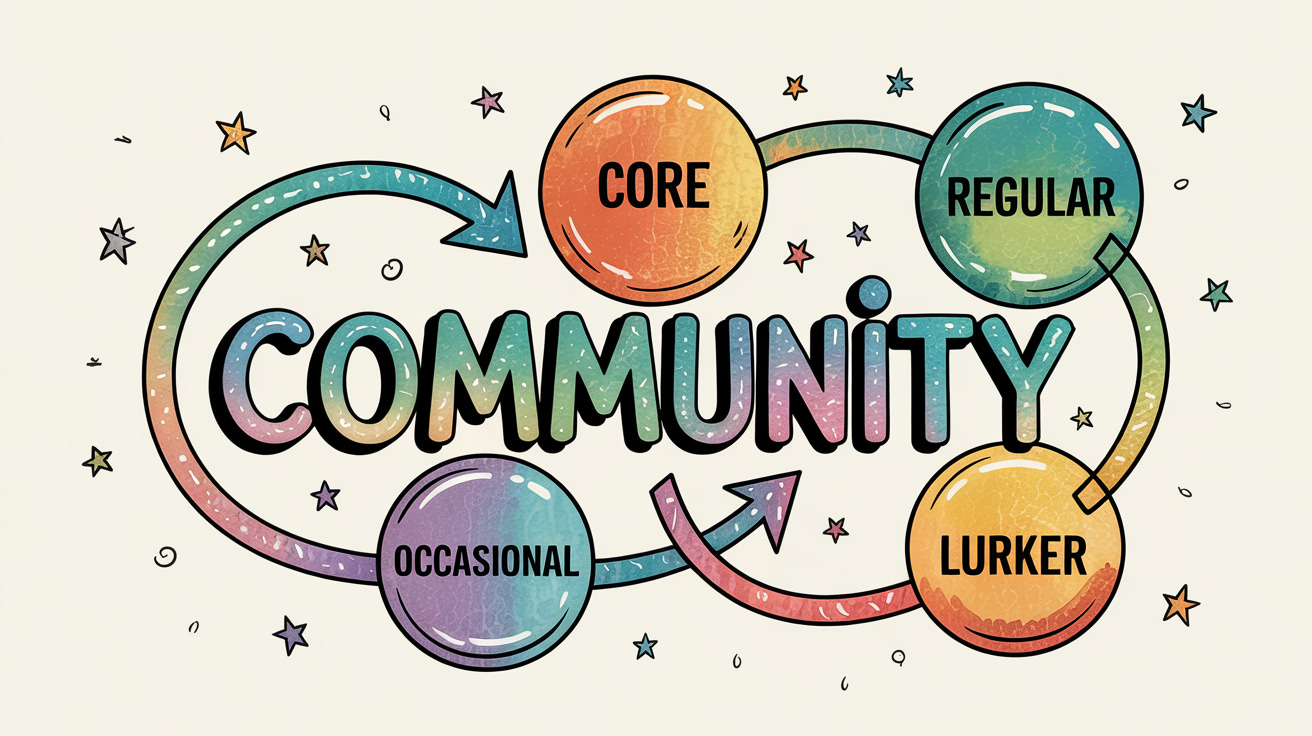160: From Each According to Their Ability
To Each According to Their Needs
Big thanks to William and Sally B for upgrading to paid subscriptions! This publication will always remain free of paywalls, but upgrading to a paid membership makes a massive difference towards funding our modest revolutionary efforts! 👊🏼😎
Another friendly reminder that the algorithm won’t hack itself. Remember: if you’re not liking sharing, you’re loitering!
How do we design commons-based organizations that people actually want to participate in?
We’ll continue to publish issues of the Future of Authority newsletter imagining what a world organized around care, sustainability, and cooperation might look like—from co-operative airlines and anti-capitalist airports to grassroots food systems and buying clubs. But dreaming is the easy part.
Designing systems that work for people’s lives—especially under stress, burnout, and precarity—is the harder challenge. And that’s the next frontier of the commons.
After our last issue, we received this excellent comment from Metaviews member Solrae:
“I love the frame of 'not a utopian fantasy, but a design problem'. The problem I’d love to get to the bottom of is engagement. I care about these new shapes of our societies… but putting the responsibility onto the community presumes the community has the time and expertise (or the time to gain the expertise) to engage with these different institutions we’d repopulate our systems with.”
This is a crucial element to address and integrate into our thinking.
Many co-ops and commons-based models, for all their promise, struggle with accessibility—not in terms of legal compliance, but in terms of culture. They’re often bureaucratic, confusing, or demanding in ways that replicate some of the very hierarchies they’re meant to resist. And when people are already stretched thin, even opening a voting page with five explainer videos can feel like a bridge too far.
So what do we do?
1. Accept that uneven participation is normal—and design for it
Not everyone can be involved in the same way or at the same time. That’s not a flaw; it’s reality. Systems of shared governance must accommodate different rhythms of life. A parent juggling work and care duties shouldn’t be made to feel guilty for skipping a meeting. Nor should a retiree or enthusiast feel like their extra hours of contribution don’t matter.
The principle from each according to their ability, to each according to their needs isn’t just a slogan. It’s a design framework.
Participation should be tiered, fluid, and non-punitive. Microtasks, asynchronous decision-making, and opt-in responsibilities can allow people to engage meaningfully without overwhelming their lives. Let people drift in and out—what matters is that they can come back when they’re ready.
2. Make participation rewarding and social
Voting shouldn’t feel like a tax. Reading meeting notes shouldn’t feel like homework. What if your co-op had a board game night that also involved talking about priorities for the next quarter? What if you earned credits for every time you contributed—credits that could be spent on food, services, or shared experiences?
Participation must feel good. Not just virtuous, but actually fun. Events should nourish, not drain. Governance should have rhythm and ritual, not just rules and roles.
3. Use technology wisely, not bureaucratically
Digital systems should lighten the load, not add to it. A five-video explainer page is a symptom of a system that hasn’t been user-tested. What if board elections came with a two-minute audio summary you could listen to while doing dishes? What if voting was done through a swipe interface like a dating app?
What if you could delegate your vote to someone you trust for certain issues, and reclaim it anytime? What if onboarding a new member felt like joining a guild in an online game?
Designing commons means designing interfaces that are accessible, intuitive, and humane.
4. Celebrate the invisible work
Behind every co-op are people answering emails, fixing broken chairs, editing documents, and reminding everyone what day it is. We need to normalize different types of contribution—not just the visible, high-status ones. Emotional labor, conflict mediation, care work—all of it matters.
Let’s also acknowledge when people can’t contribute. A culture of mutual support means recognizing absence not as apathy, but often as necessity.
5. Culture eats structure for breakfast
Even the best governance model will fail without a culture of generosity, humility, and invitation. People engage when they feel seen and valued. That’s not something you mandate—it’s something you model, nurture, and renew.
If we want people to show up, we have to create spaces that feel worth showing up to. That begins with empathy for the lives people are living—and ends with systems that reflect those lives back with care.
The future of the commons will not be built by superheroes with endless time and capacity. It will be built by people like us—tired, distracted, caring anyway.
Let’s make it easier for all of us to care together.





Good stuff. The needs/ability thing is fundamental communism. The perfect example is the mother breastfeeding her child. She has the ability (to supply food) and the baby has the need for the food. Without communism mammals would die out. That it is freely given and received (no state involvement) is the anarchism that symbolises trust. Just a thought... hell, don't want to be charged with loitering!!!!